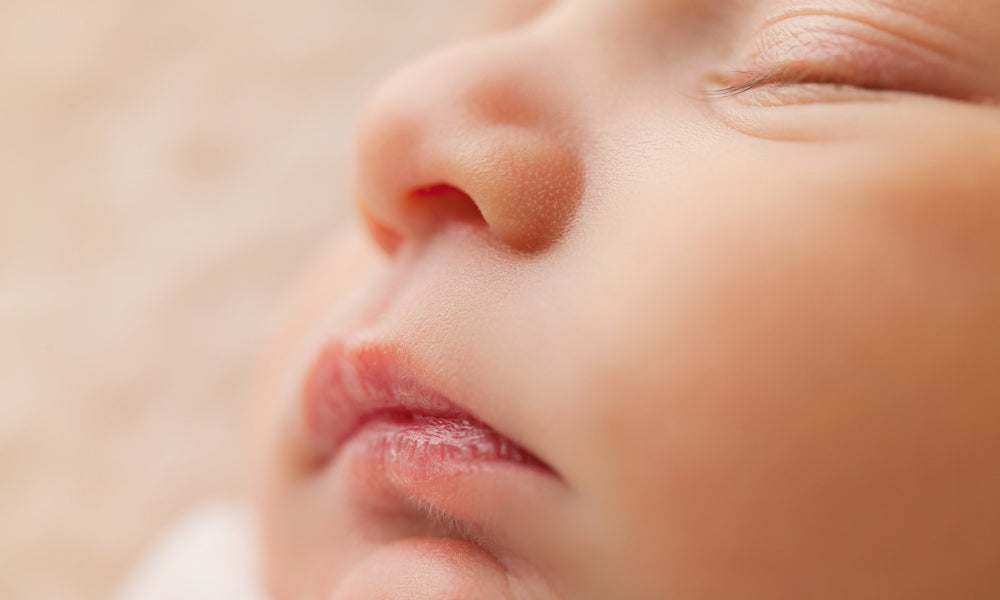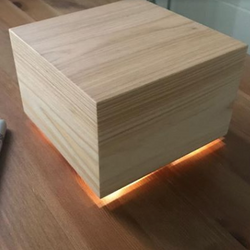The Fatigued Baby
Understanding, adjusting to and preventing infant fatigue

by Babywise.life
Apr 10, 2017
Do you have a fatigued baby at home? (Who doesn't at one point or another?)
A tired baby can usually recoup needed sleep in one good nap, or at least within a 24-hour cycle. A fatigued baby, however, fights sleep, yet has a disruption in sleep cycles that requires special attention.
If you respond by keeping your baby up and letting him skip his naps, the problem will only intensify. If you attempt to force sleep on him by not responding to his cries (legitimately born out of fatigue), Mom and Dad can quickly become emotional wrecks, and baby will not be helped.
Let's look into the context of this challenge:
Understanding Infant Fatigue
For the Babywise family, healthy sleep has two primary components that most moms are unwilling to give up:
1. a baby who sleeps through his naps without waking and
2. a baby who sleeps in his crib for those naps
Read more
Article Continues Below Advertisement
While both are important, one must be temporarily suspended for the greater good of the baby - the restoration of his natural sleep rhythms.
Infant fatigue is much like adult fatigue; we all know what it feels like to be so tired that you can't sleep. That is because fatigue attacks our sleep rhythms, preventing us from entertaining the ebb and flow of active and relaxed sleep states.
For a baby, it may be the result of his routine being out of whack for several days, especially during naptime. Mom's priority here is to find a stress-free solution that reestablishes her baby's circadian rhythm.
Temporarily Adjust
If you suspect your baby's nap challenge is fatigue and you are now in a position to get him back into a predictable routine, we suggest you find a comfortable chair and a good book, and allow your baby to take his nap in your arms. If not already using a newborn swaddle, this would be a good time to try it out. This naptime procedure might extend into the next day, but baby should return to the crib for his naps by the third day, if not sooner.
This temporary adjustment works because the tension between the need for sleep and the appropriate place for sleep is temporarily suspended, so your baby can receive his necessary restorative sleep. You are not creating a "sleep prop" because this sleep adjustment is only for a couple days, but you are satisfying his sleep needs by helping him overcome his fatigue.
Shop
Article Continues Below Advertisement
Preventing Infant Fatigue
Prevention, of course, is the best medicine and always will be, so try to think how your perfect sleeper became a fatigued baby because it did not just happen! One day's suspension of a baby's routine will not foster the condition of fatigue. Take a look at what is going on in your home and with the baby's schedule, and make the appropriate adjustments.
Do not take this sleep challenge lightly. Optimal alertness comes from optimal sleep. It is during times of optimal alertness that your baby's brain grows and develops. Poor sleep habits negatively impact the brain's neuro-chemical transmitters that stimulate growth.
What infant fatigue issues are you currently struggling with?
***
For more help getting your Baby on a Babywise sleep schedule, you can read more articles on Baby Sleep here on Babywise.life, including these:
* The Waking-Early Nap Challenge
* The 45 Minute Sleep Intruder
* Overstimulated Baby & How to Manage It
-----------------------------------------------------------------
Excerpted with permission from On Becoming Babywise: Book Two by Gary Ezzo, M.A. and Robert Bucknam, M.D., copyright Parent-Wise Solutions, Inc. You can learn more and purchase the book here.








